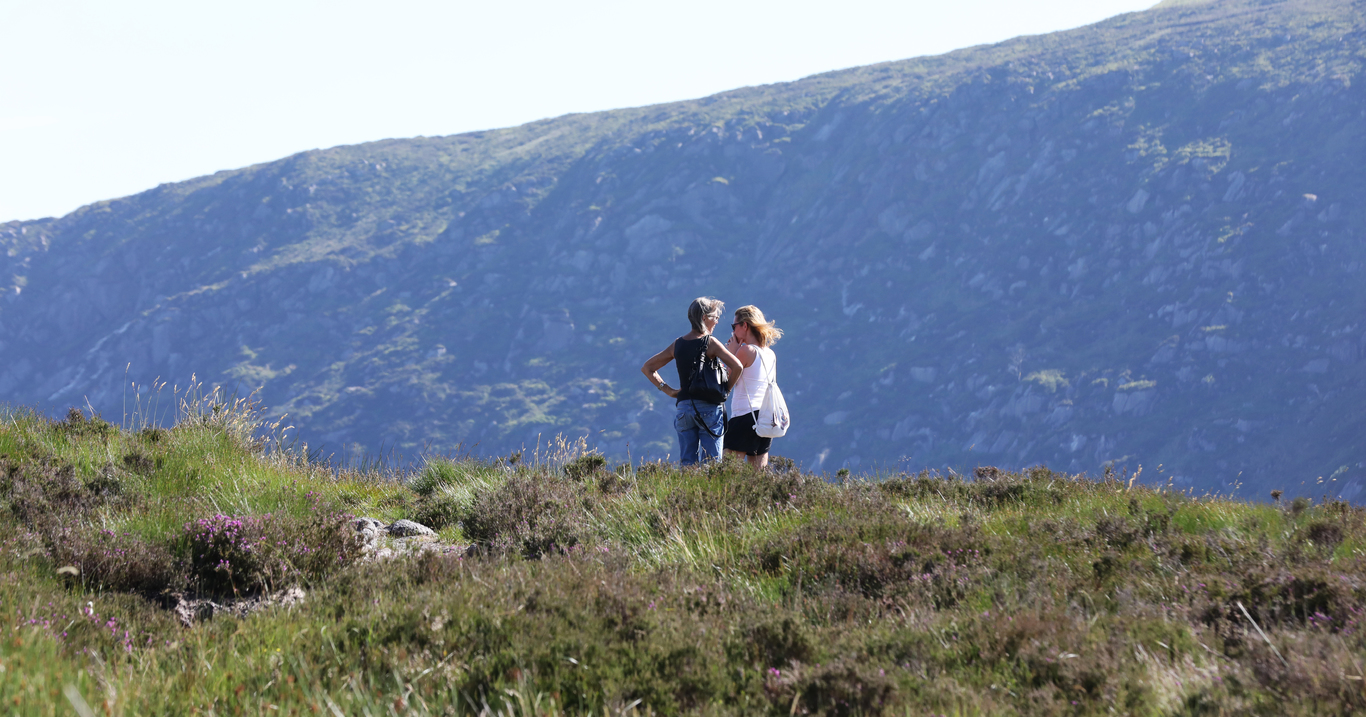Tourism reps say the State overlooks the sector when it comes to wooing foreign investors
The Irish Tourism Industry Confederation suggested the government takes the sector for granted.
TOURISM IS BEING overlooked by the State when it comes to attracting international investment, according to the hospitality sector’s main lobby group.
The Irish Tourism Industry Confederation (Itic) has published an annual update on an eight-year national strategy, launched last year, for the hospitality sector to grow overseas tourism revenue from €4.9 billion to €8.1 billion by 2025.
One of the 51 policy recommendations proposed in 2018 was for IDA Ireland – the body responsible for attracting foreign investment – in conjunction with Fáilte Ireland, to be “tasked with attracting would-be international investors to the Irish tourism sector”.
In its 12-month progress update of the 2025 plan, Itic stated that “no progress” to date had been made on this policy recommendation.
Itic CEO Eoghan O’Mara Walsh said there needs to be “more focus on tourism as a sector encouraging overseas investment” by the government as a whole and State organisations.
“The IDA does a very good job bringing business and economic activity to regional parts of the country that then benefit (areas) accordingly … I don’t think tourism is part of the IDA narrative at the moment and I think that’s a missed opportunity,” O’Mara Walsh said.
An IDA Ireland spokesperson said the organisation “is mandated to secure foreign direct investment for Ireland”.
“We work alongside all government agencies that support job creation in this country. The tourism industry is very well-supported internationally by the work of Tourism Ireland and Fáilte Ireland.”
‘Worrying’
O’Mara Walsh suggested the government as a whole is taking the tourism sector for granted and said there is a “worrying drift in focus and attention on the industry”.
He said this was evident in the rollout of legislation like the Public Health Alcohol Bill, which could impact how the likes of the Guinness Storehouse and whiskey distilleries advertise their visitor tours.
Similarly, he said incoming short-term letting rules intended to regulate the likes of Airbnb could have an “unintended consequence on tourism”, namely by imposing additional regulation on traditional self-catering businesses.
Itic has called on the government to double the €300 million allocated to tourism under the National Development Plan 2018-2027 in order to build new attractions with an international appeal.
Ruth Andrews, Itic’s newly appointed chair, said the existing State capital investment programme is a “drop in the ocean” of what’s required by the sector.
She said many of Ireland’s existing attractions are historical buildings that require significant investment for maintenance alone. She highlighted the 800-year-old St Patrick’s Cathedral in Dublin, which is undergoing an €8.5 million refurbishment of its roof.
O’Mara Walsh said there are “swathes of the country”, namely in the north-west and midlands areas, that don’t attract “adequate numbers” of tourists due to a lack of attractions and other such developments.
“The private sector is unlikely to go there because it’s not necessarily commercially viable. You need the State to invest in product to make those areas more attractive and then the private sector will row in behind it. But the first mover needs to be the State,” he said.






